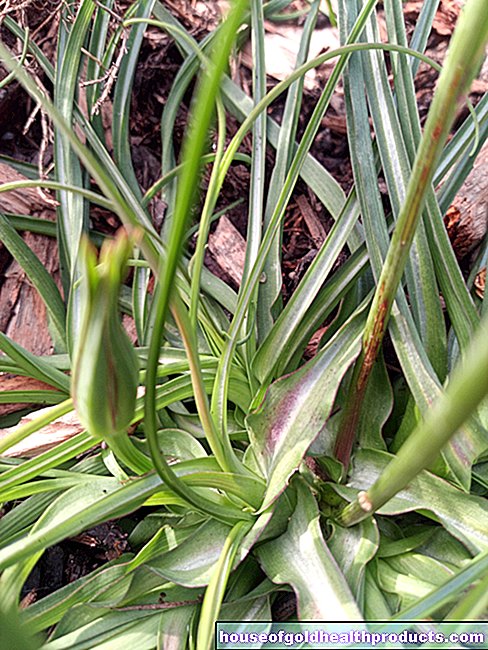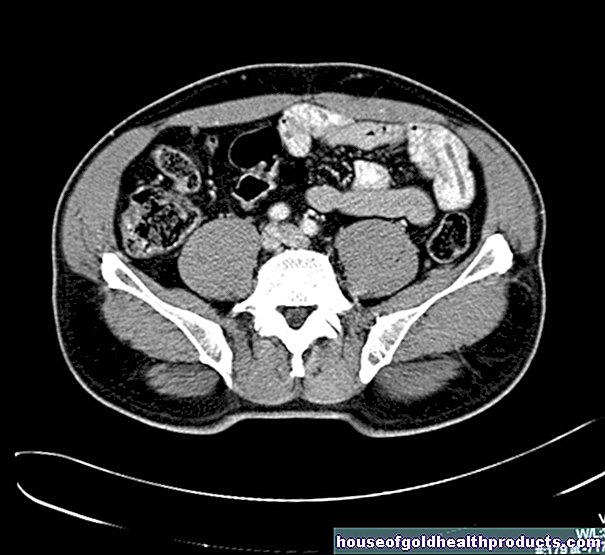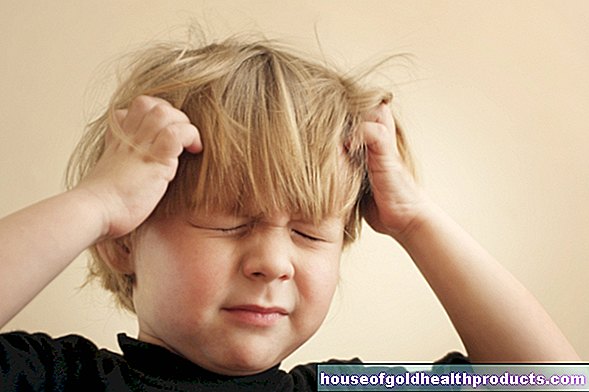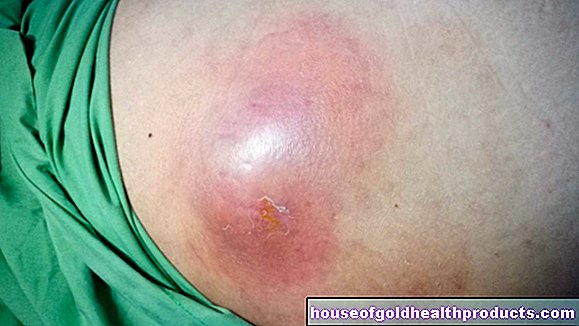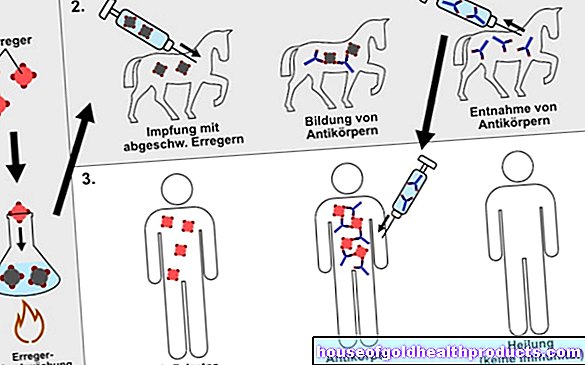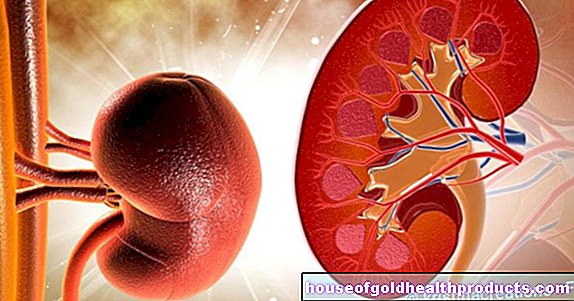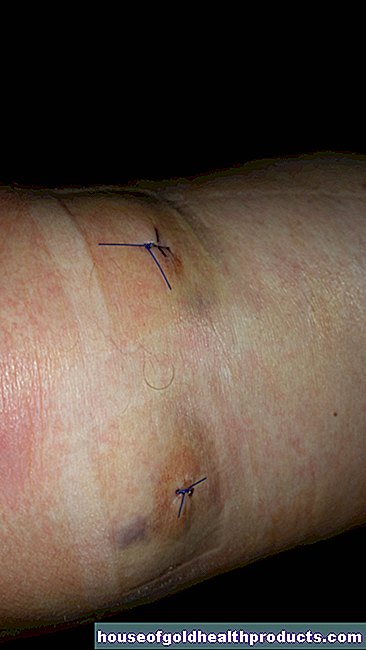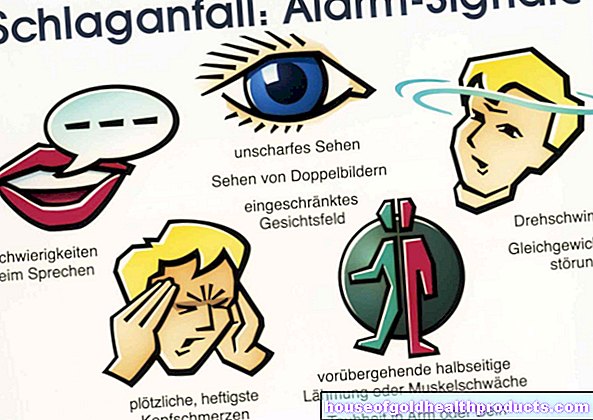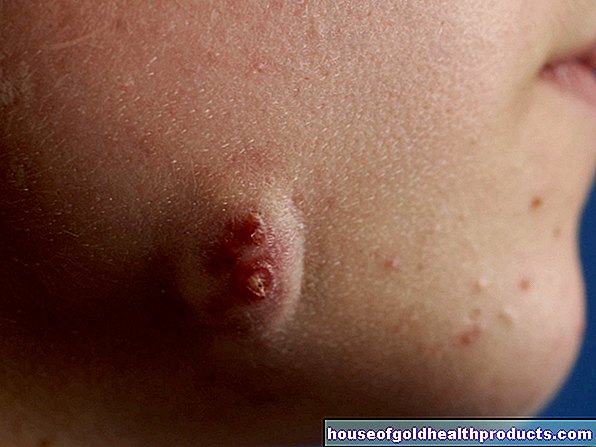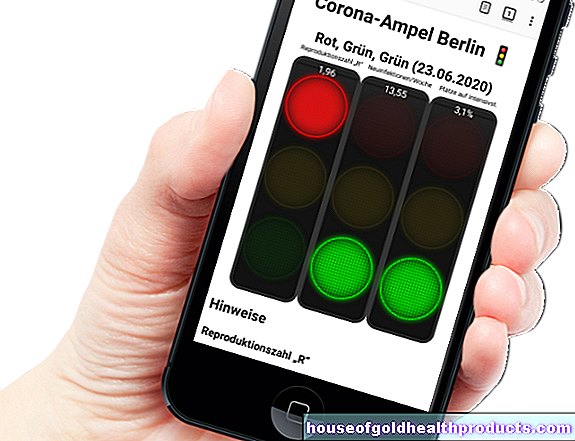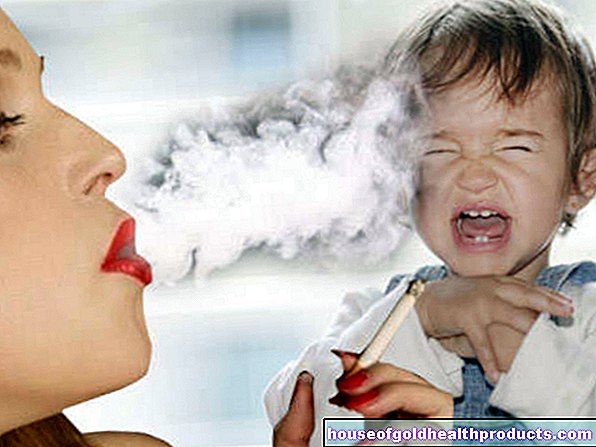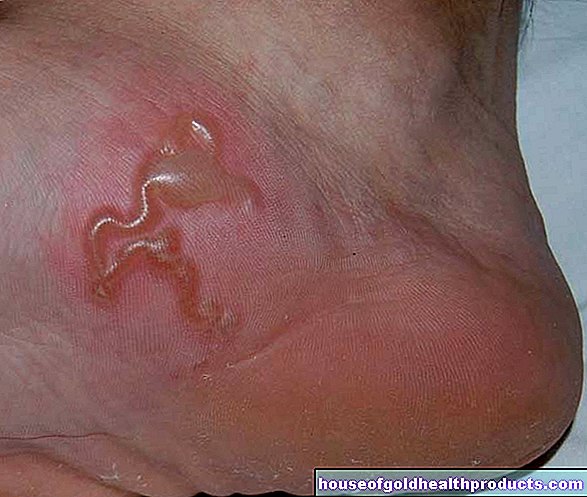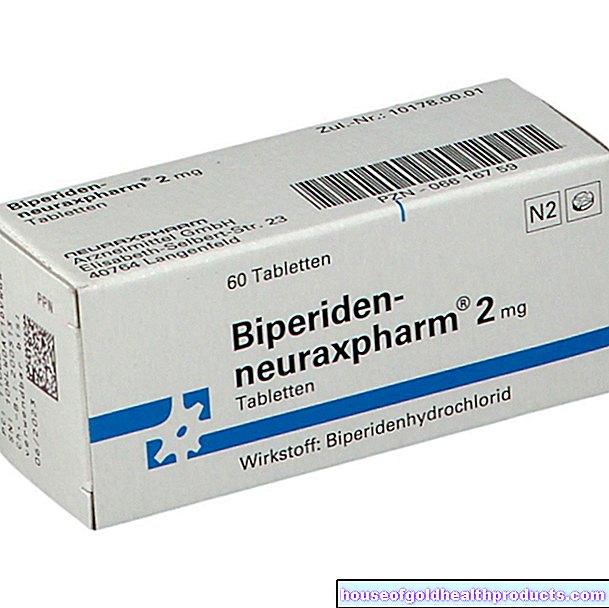Cough in children
All content is checked by medical journalists.What is a cough?
Children cough more often. Coughing is a protective reflex of the body in order to get rid of inhaled particles (e.g. smoke, gas, food particles) as well as the mucus and secretions that accumulate in the airways. Coughing becomes a symptom of illness especially when it is caused by pathogens such as viruses, bacteria or fungi. In most cases, such a cough is caused by an acute upper respiratory infection. In some cases, external pressure on the windpipe can also trigger a cough.
What cough does my child have?
First, notice what your child's cough sounds like. One differentiates:
- dry cough (dry cough, unproductive cough)
- barking cough
- rattling, wet cough (productive cough)
- painful cough
Depending on the type of cough, certain conclusions can be drawn about the possible cause:
- A dry cough (i.e. coughing without sputum) occurs especially at the beginning of a cold. A dry cough also sets in with bronchitis, asthma or a foreign body in the airways.
- The barking, harsh cough in toddlers tends to indicate pseudo croup (especially if it occurs at night).
- A damp, rattling cough means that there is a lot of secretion in the airways, for example due to a cold (later stage), bronchitis or pneumonia. Coughing up this secretion is very important. Otherwise, it can build up and make breathing difficult. Therefore, you should not use a cough blocker if you have a wet, rattling cough.
- If the child has pain in their lungs or stomach ache, this may be a sign of pneumonia involving the lower part of the lungs.
How long does the cough last?
In most cases, the cough only lasts a few days and then subsides. If the upper respiratory tract is infected with viruses, it can take several weeks for the cough to go away.
A cough that lasts more than eight weeks is called chronic. It can be triggered, for example, by asthmatic diseases, chronic bronchitis, chronic inflammation of the sinuses, pneumonia or whooping cough. Constant inhalation of air pollutants such as tobacco smoke can also cause a chronic cough.
In rare cases, a heart defect can also lead to a chronic dry cough.
What can you do about the cough?
In principle, coughing is a sign that the airways are irritated by mucus, pathogens or other foreign substances. The body wants to push them outside by coughing. You can support the process with your child with the following measures:
- Your child should drink a lot (e.g. warm water, tea) to keep the airways moist.
- Hang up damp towels in the room or set up the clothes horse with damp laundry to moisten the room air. Electric humidifiers are less recommended because they can also spread pathogens.
- Herbal expectorant extracts (e.g. ivy-based) can make it easier to expectorate. However, be careful with preparations with peppermint, menthol, camphor or eucalyptus: their essential oils can cause breathing difficulties and even attacks of suffocation in children under three, as they can irritate the airways and stimulate the formation of mucus. Your doctor or pharmacist will advise you on choosing the right preparation for your child.
- Cough suppressant juices (for dry coughs) can and should only be prescribed by a doctor. Although these juices suppress the urge to cough, they prevent the bronchial tubes from cleaning and can sometimes suppress the urge to breathe.
If your child coughs heavily and makes loud breathing noises (stridor), you must visit a pediatrician or a clinic immediately. Also keep in mind that the croup cough (pseudo croup) can be dangerous because it can cause shortness of breath.
A sudden and abrupt strong cough in young children may indicate that your offspring has swallowed a foreign object. Take the child to a doctor or clinic immediately!
Tags: organ systems therapies travel medicine








